Could England boycott the Russia World Cup?
Foreign Office plays down Boris Johnson threat after alleged Kremlin poisoning
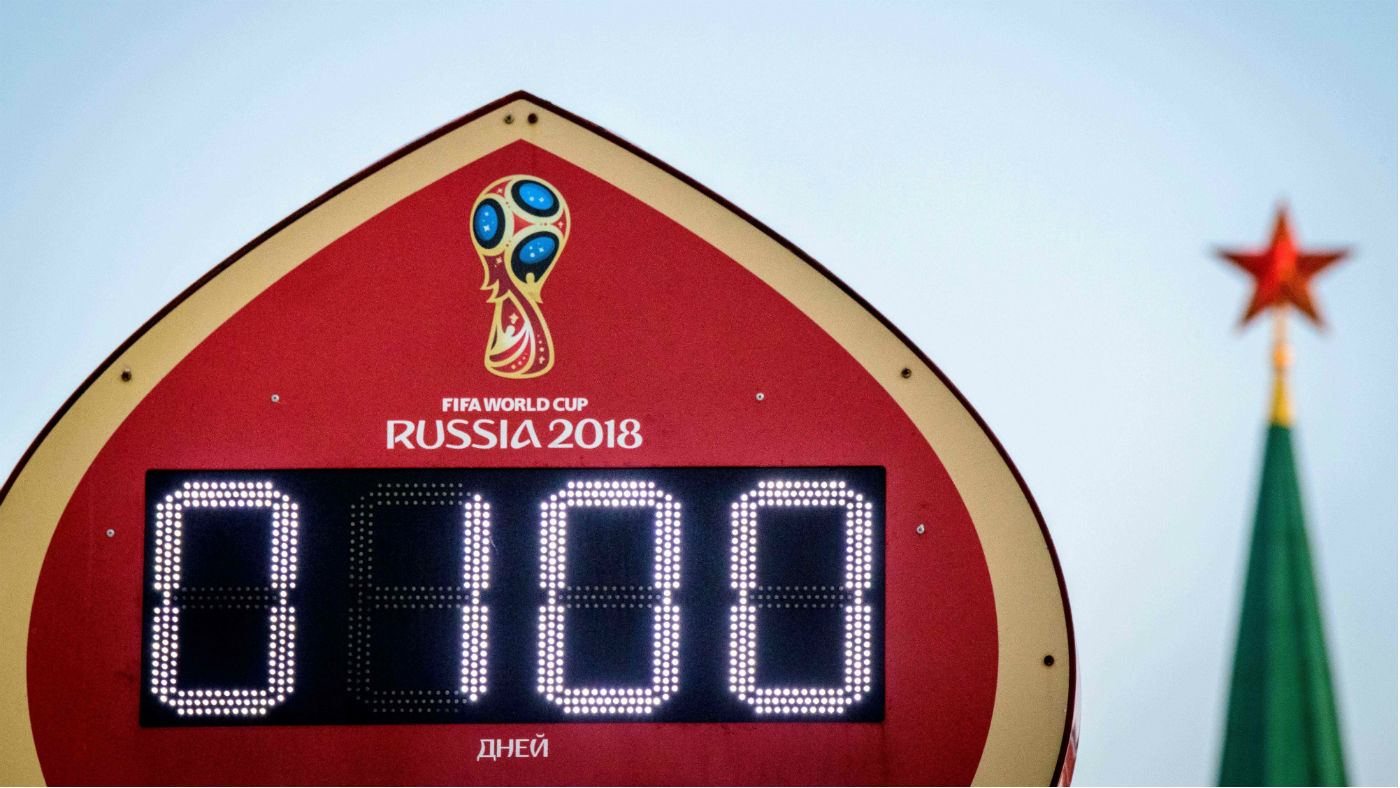
A free daily email with the biggest news stories of the day – and the best features from TheWeek.com
You are now subscribed
Your newsletter sign-up was successful
The Foreign Office has sought to play down the threat made by Boris Johnson that the UK might boycott this summer’s football World Cup in Russia in response to allegations the Kremlin poisoned a former KGB spy and his daughter on British soil.
Responding to an urgent question in the Commons, the Foreign Secretary said England’s participation in the tournament could be in doubt if Russia was found to be behind the suspected poisoning of former double agent Sergei Skripal.
Johnson told MPs that Russia would face a “robust” response from the UK, including further sanctions, if the claim was confirmed and labelled the Kremlin a “malign and disruptive force”.
The Week
Escape your echo chamber. Get the facts behind the news, plus analysis from multiple perspectives.

Sign up for The Week's Free Newsletters
From our morning news briefing to a weekly Good News Newsletter, get the best of The Week delivered directly to your inbox.
From our morning news briefing to a weekly Good News Newsletter, get the best of The Week delivered directly to your inbox.
“Thinking ahead to the World Cup in July, I think it will be very difficult to imagine that UK representation at that event could go ahead in the normal way, and will have to think on that,” he said.
The Foreign Office was quick to clarify that Johnson meant officials, dignitaries and politicians could stay at home, rather than players. But his comments have still put the England football team’s presence at this summer’s tournament “in jeopardy”, says The Daily Telegraph.
HuffPost UK says the Foreign Secretary “is facing demands to return to the Commons and explain himself”, following the apparent backtrack by his own department.
A source close to Johnson said he was not talking about “our boys” in the England team but “was trying to show the range of hard and soft power available to show our international displeasure”.
A free daily email with the biggest news stories of the day – and the best features from TheWeek.com
The threat to boycott the tournament has drawn a stinging rebuke from the world of football and divided politicians outraged at what appears to be another Kremlin-sanctioned assassination attempt on British soil.
Gary Neville, the former England player and assistant manager, branded Johnson a “useless fool”. Labour MP Toby Perkins said the consequences of England pulling out of the World Cup were “absolutely massive” for the travel industry, business and “tens of thousands of supporters”.
However, fellow Labour MP Anna Turley said the threat to walk away from the tournament was “the right course of action, not least for this but also for [Russia's] actions in Syria”.
The Russia World Cup, which kicks off in just under 100 days, is already set to be “the most political and politicised World Cup ever, and maybe the most political and politicised sporting event ever”, says The Independent.
Since the country won the right to host the World Cup in 2010, relations between Russia and the West have plunged to their lowest levels since the Cold War.
Vladimir Putin’s annexation of Crimea in 2014 prompted severe sanctions from the West and Russia has since faced accusations it sought to interfere in the 2016 US presidential election and Brexit vote.
Boris Johnson may have been bluffing when he threatened a World Cup boycott but, given the latest accusations levelled at Moscow, “it obviously makes an utter mockery of the platitudes that so many involved will spout at times such as this”, says the Independent: “that it’s not the moment to discuss politics, that politics and sport should just never mix”.
-
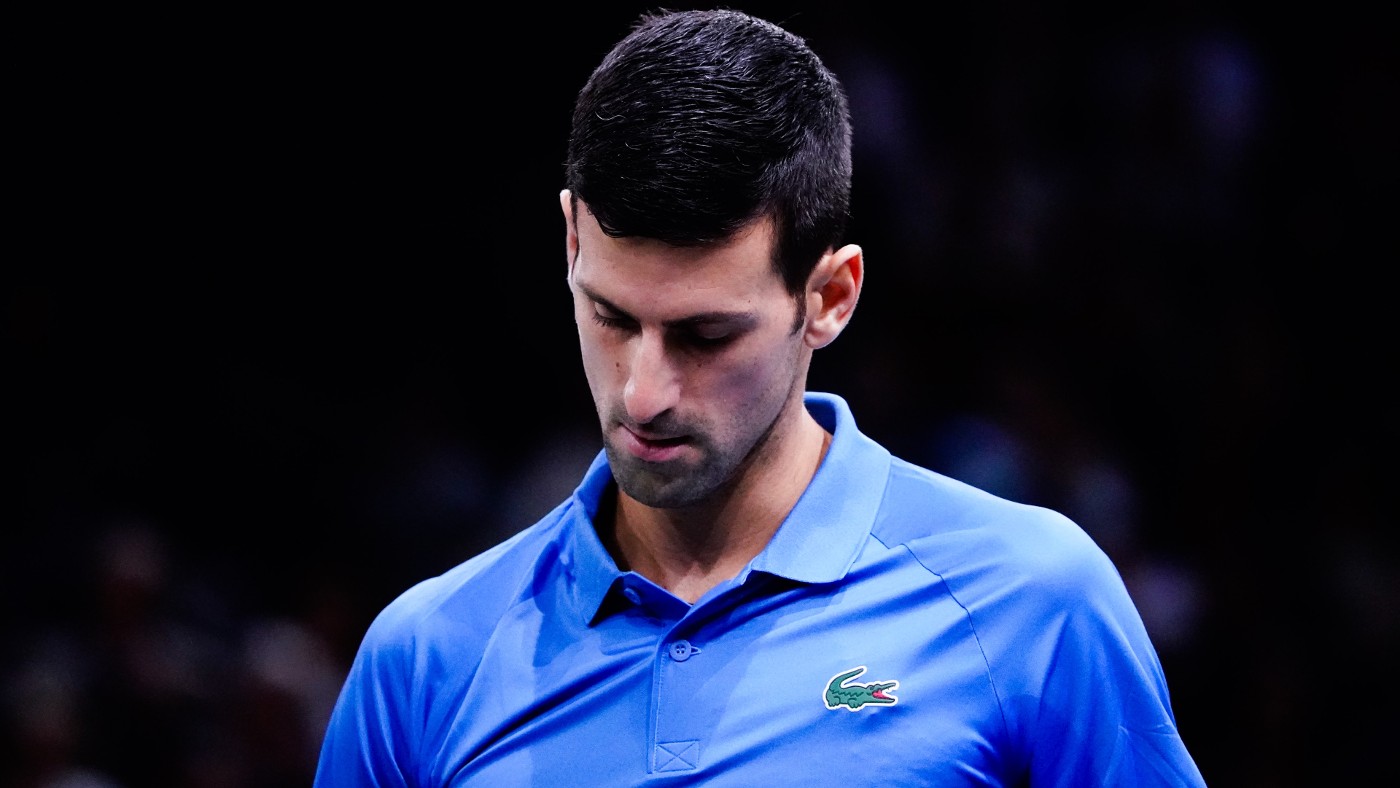 Novak Djokovic’s dad and the pro-Putin ‘Night Wolves’
Novak Djokovic’s dad and the pro-Putin ‘Night Wolves’Talking Point Australian Open episode ‘reflects sense of brotherhood’ between Serbia and Russia
-
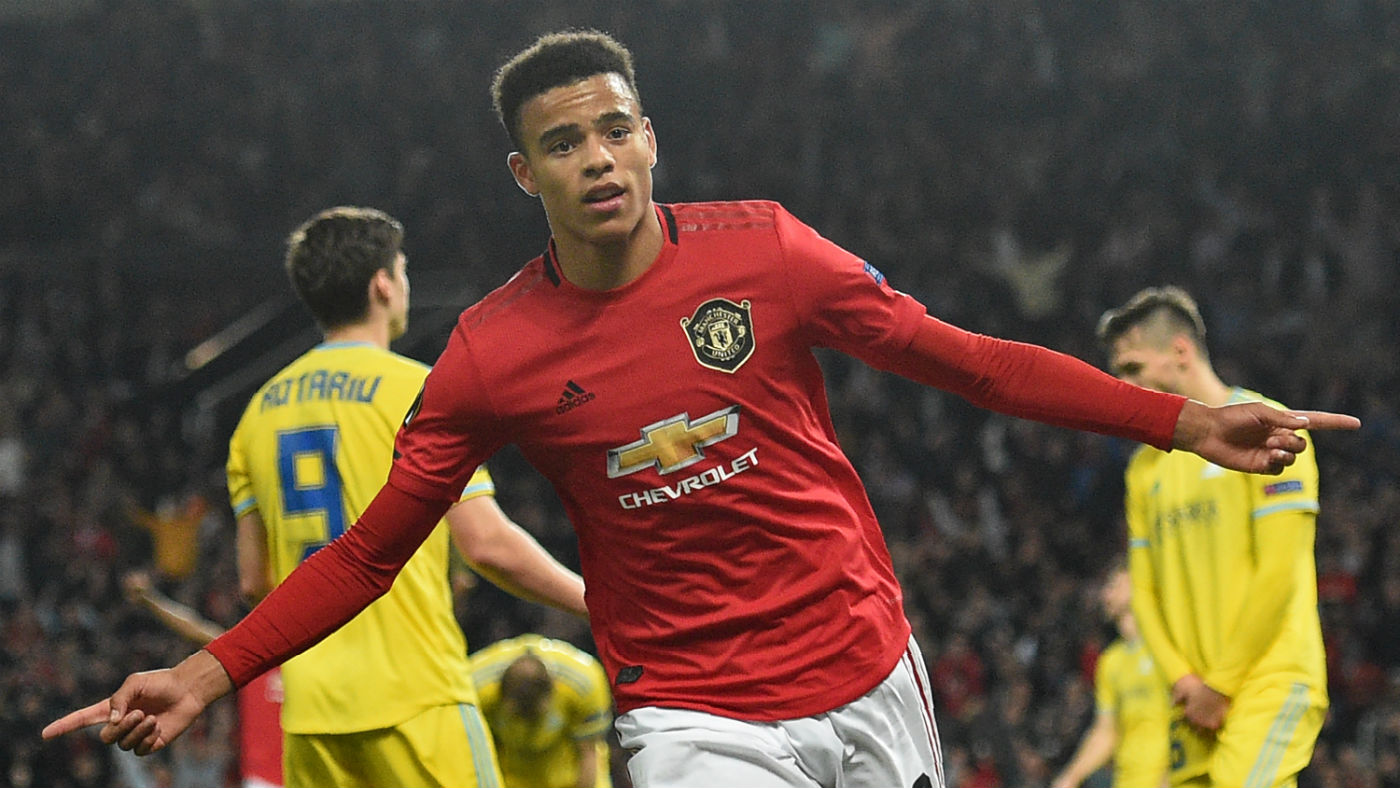 Mason Greenwood: footballer arrested on suspicion of rape and assault
Mason Greenwood: footballer arrested on suspicion of rape and assaultSpeed Read Man Utd confirm the striker will not train or play until further notice
-
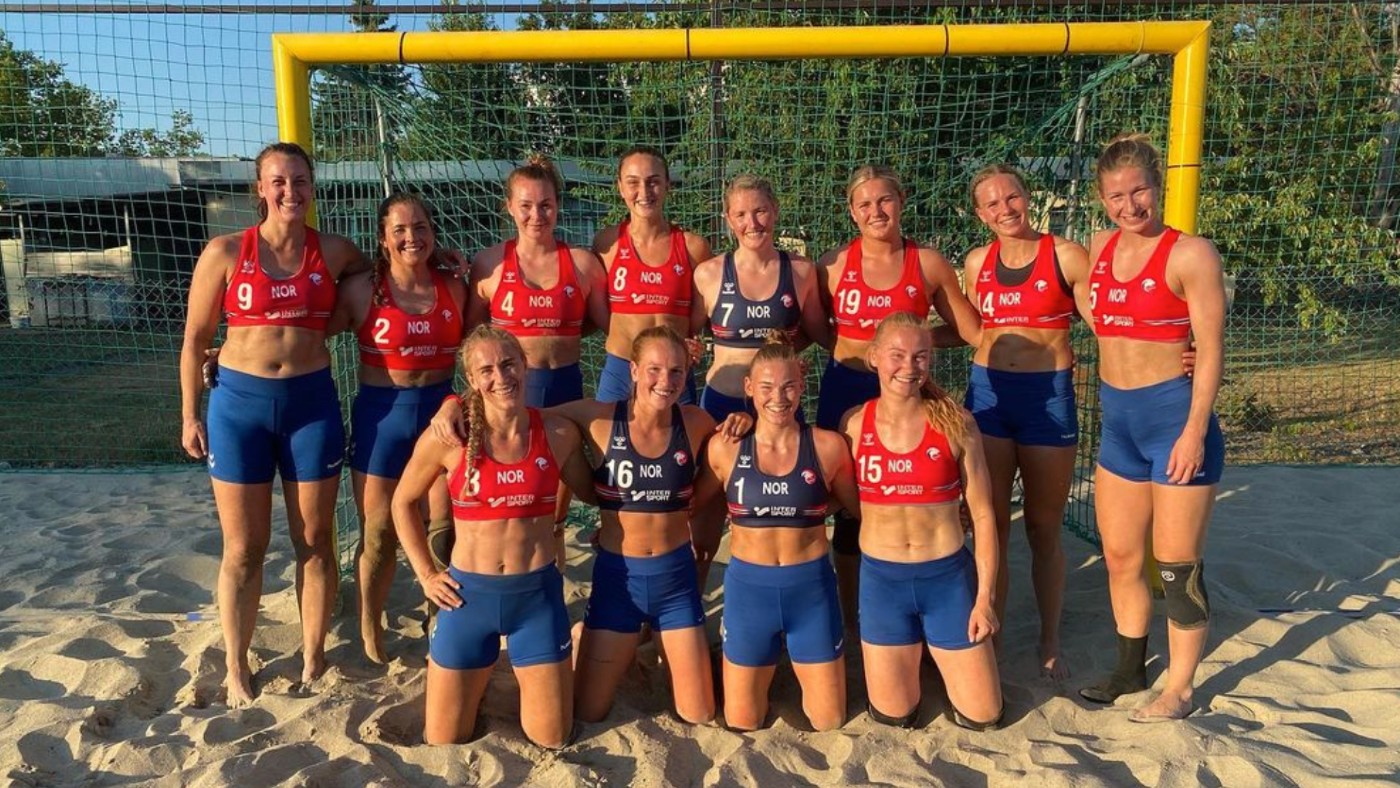 Handball: swapping bikini bottoms for tight pants
Handball: swapping bikini bottoms for tight pantsSpeed Read Women competitors will be required to ‘wear short tight pants with a close fit’
-
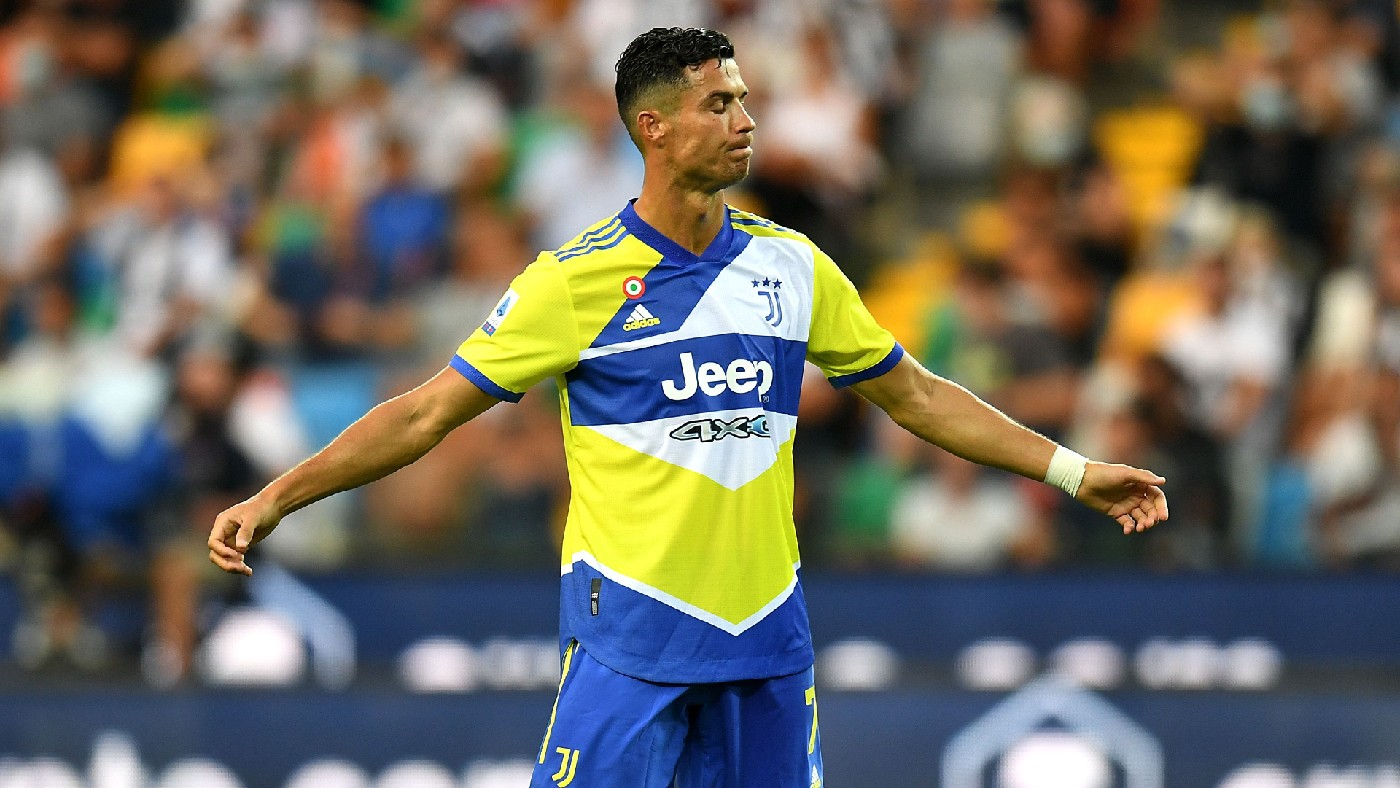 Cristiano Ronaldo’s second coming
Cristiano Ronaldo’s second comingSpeed Read Last week, Manchester United re-signed the forward on a two-year deal thought to be worth more than £400,000 a week
-
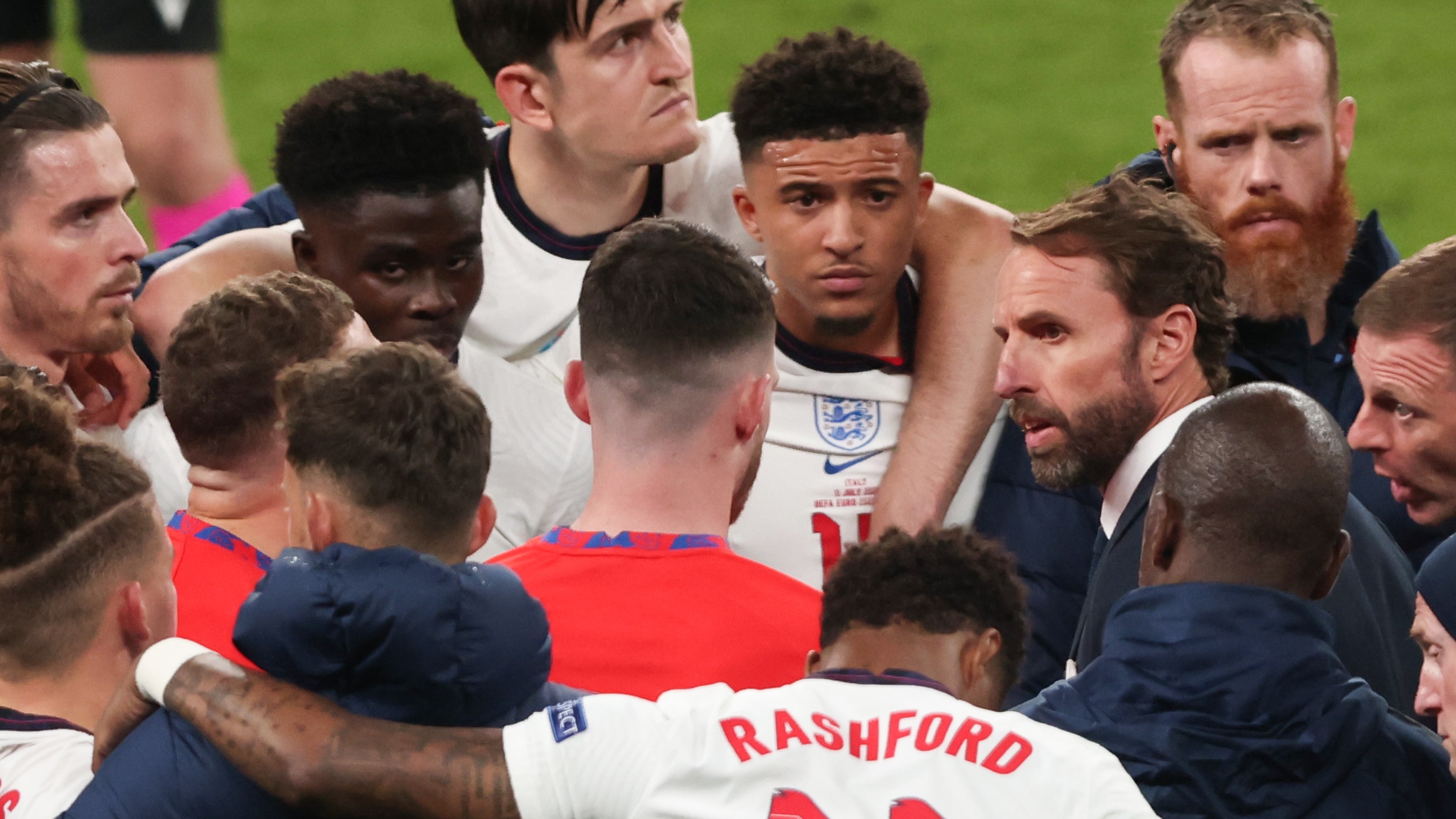 ‘Bandwagon’ Boris and Priti Patel in showdown with footballers over racist abuse
‘Bandwagon’ Boris and Priti Patel in showdown with footballers over racist abuseIn the Spotlight Ministers face football racism row after failing to back England players taking the knee
-
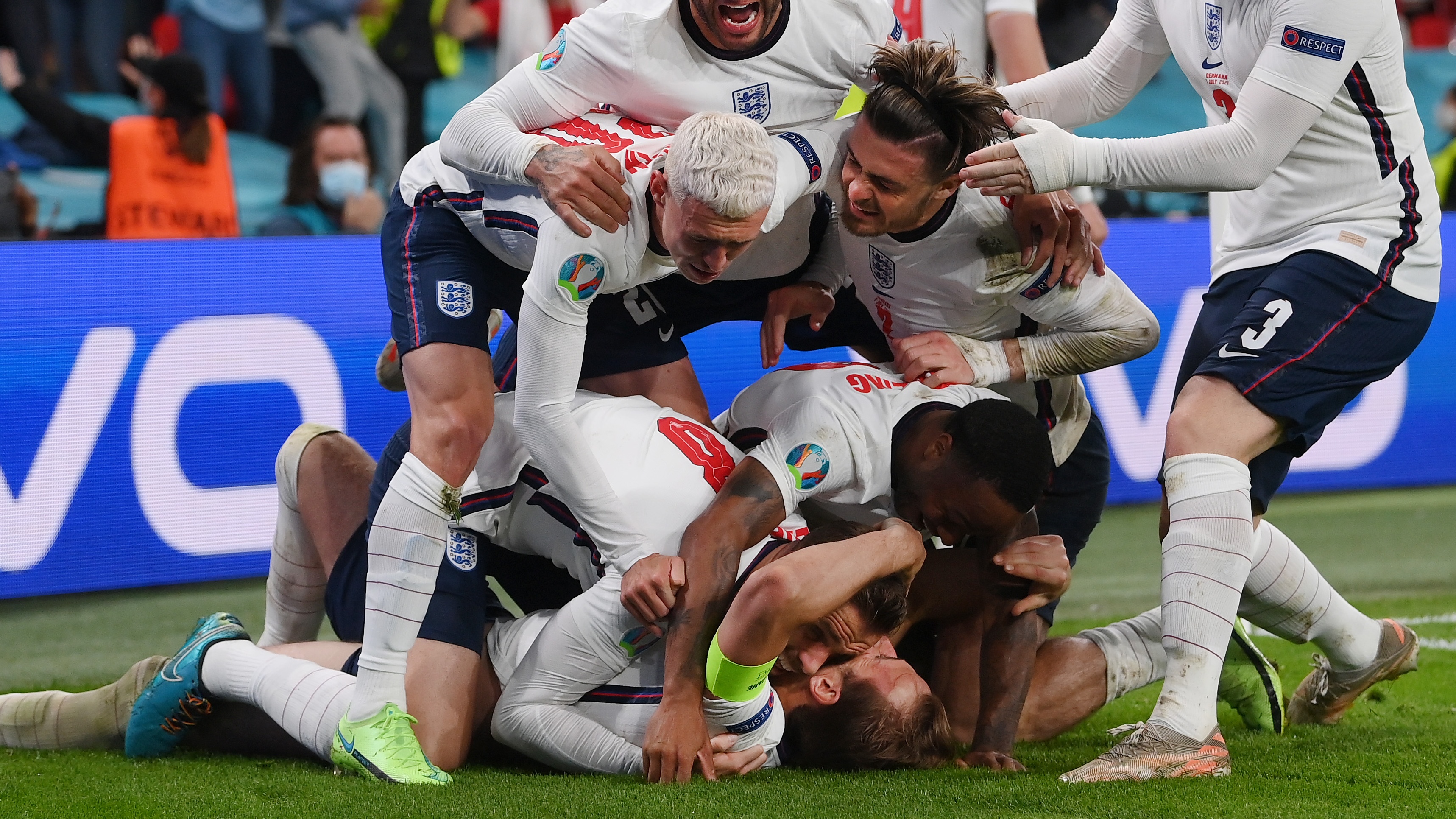 Bank holidays and boycotts: are MPs trying to jinx England?
Bank holidays and boycotts: are MPs trying to jinx England?Speed Read Declaring a bank holiday would be ‘tempting fate’, says Boris Johnson
-
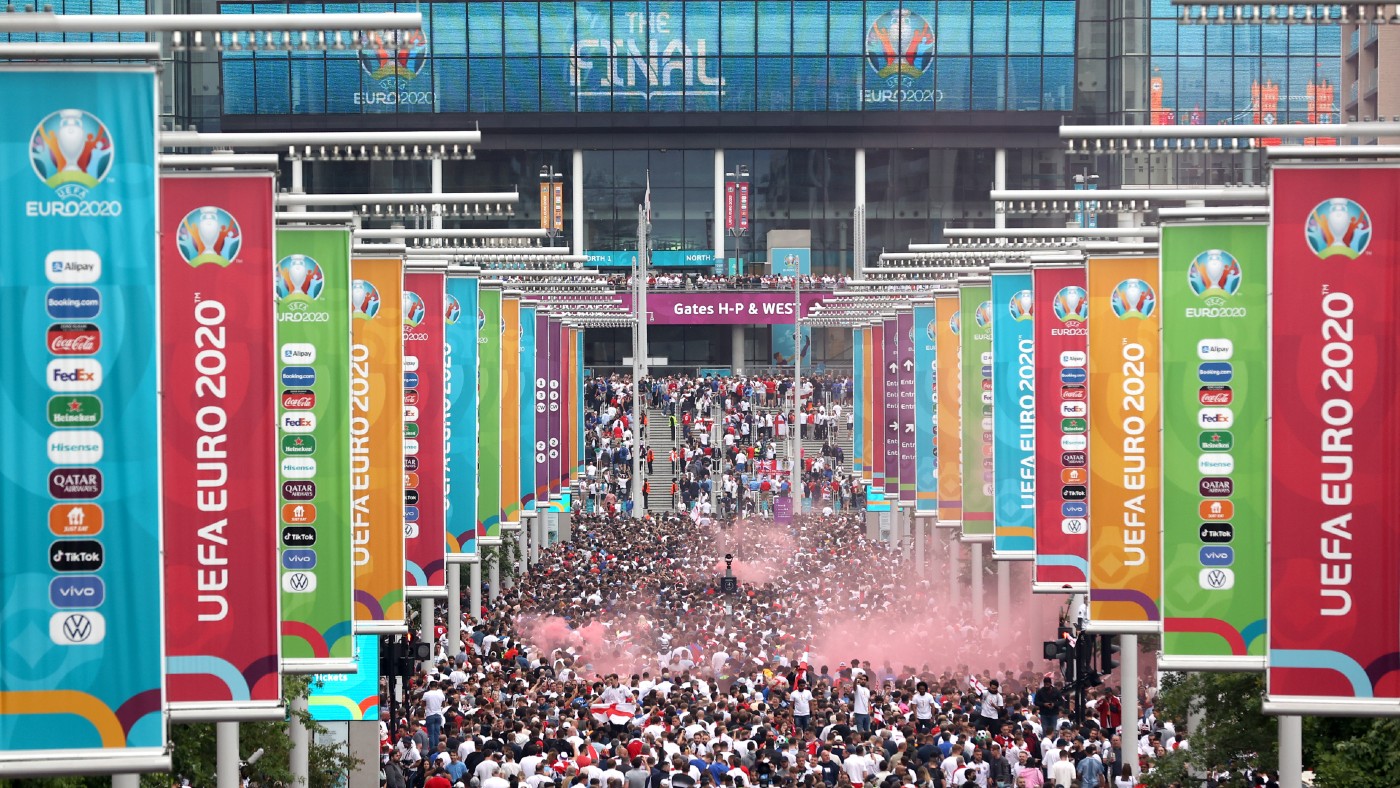 Has Wembley chaos wrecked Britain and Ireland’s 2030 World Cup bid?
Has Wembley chaos wrecked Britain and Ireland’s 2030 World Cup bid?In Depth Boris Johnson remains confident of the joint bid despite the ‘scenes of mayhem’ at Euro 2020 final
-
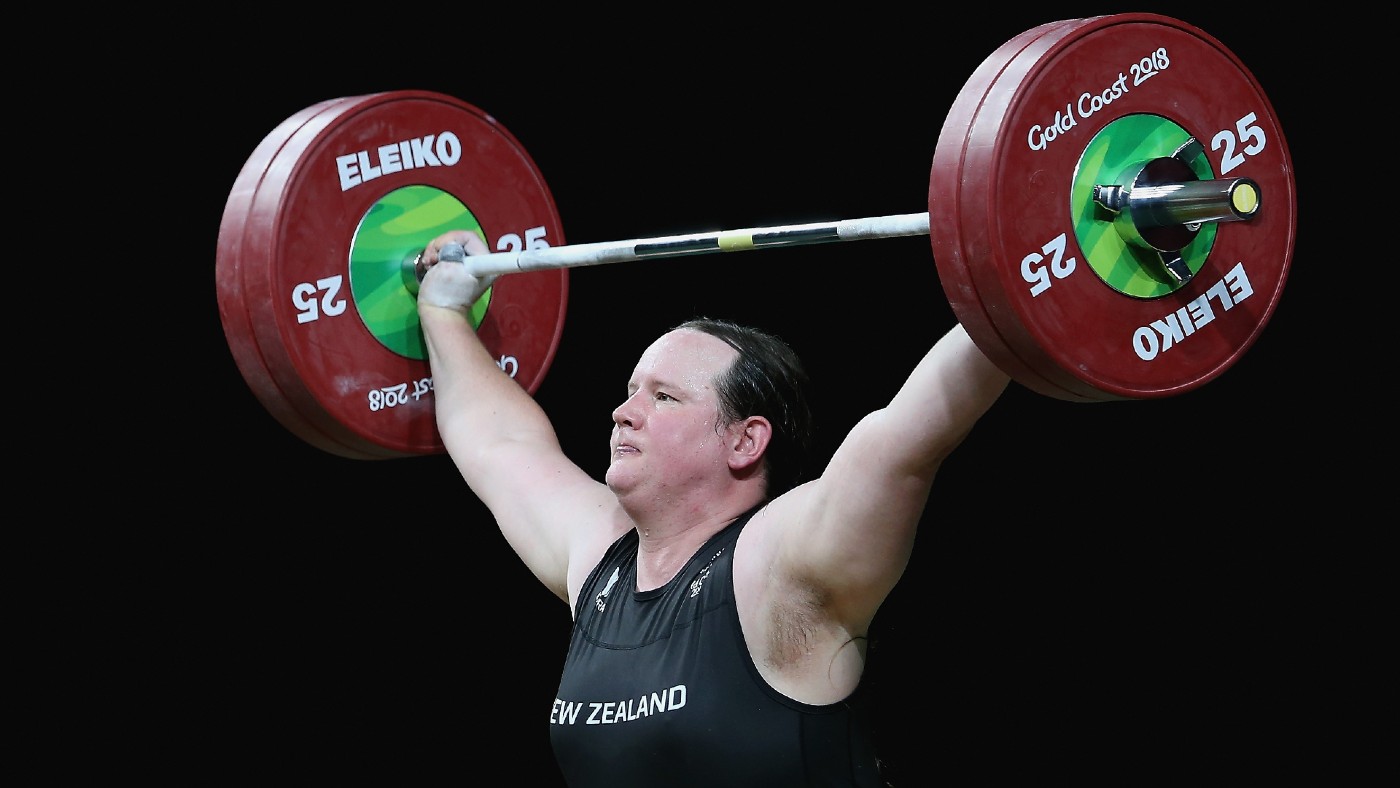 Weightlifting: Olympic Games set for transgender first
Weightlifting: Olympic Games set for transgender firstSpeed Read New Zealand weightlifter Laurel Hubbard will make history at Tokyo 2020


